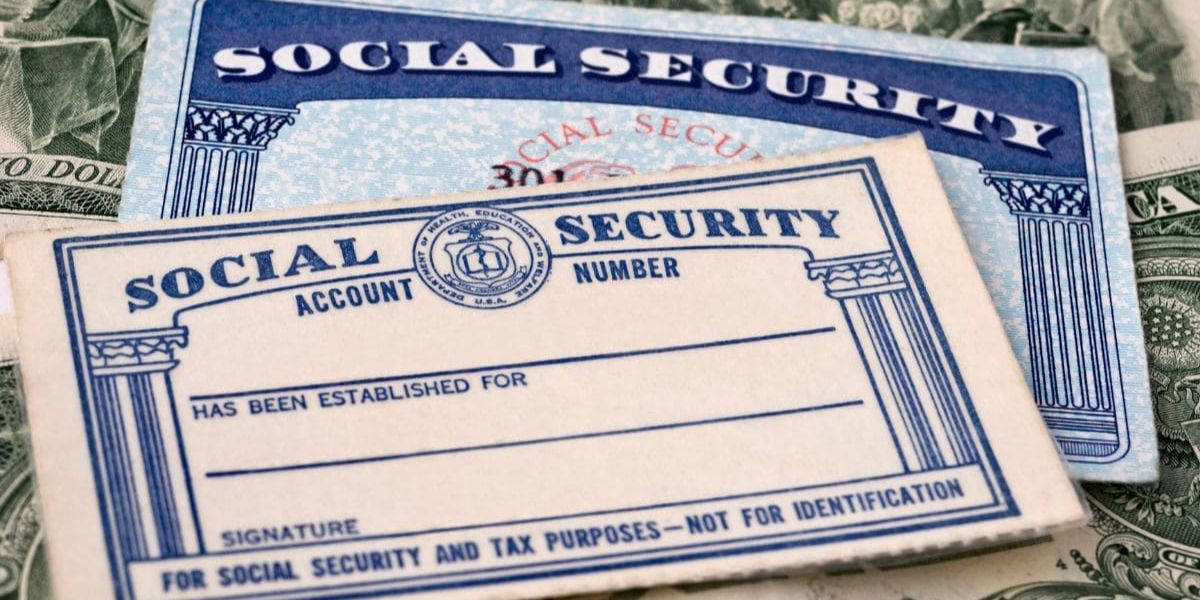To collect the $360 boost in their Social Security benefits, millions of retirees, including teachers, firefighters, police officers, and other public pension workers, may have to wait that long.
The Social Security Fairness Act, which was passed to address some historical injustices but has substantial operational difficulties, is the cause of this delay.
In actuality, even though then-President Joe Biden signed the Social Security Fairness Act in December, it won’t go into effect right away.
The primary causes of this delay, according to the SSA, are the inability to make improvements quickly due to a lack of resources and sufficient staff.
In actuality, the discussion surrounding the Social Security system’s financial viability has been reignited by this new legislative proposal.
Economists and lawmakers have noted that while the legislation helps millions of public sector employees, it also puts pressure on the program’s trust funds, which are already under strain from the aging population and the rising number of retirees.
Modifications to Social Security benefits
The removal of these limits will enable beneficiaries to receive larger payouts, both retroactively and in their subsequent monthly installments, in compliance with the rules of the US Social Security Equity Act.
The Congressional Budget Office forecasts that by December 2025, more than two million persons will see an average increase in monthly benefits of $360 due to the elimination of the Surplus Elimination Provision.
However, some 380,000 spouses of deceased people will benefit from the removal of the Government Pension Offset, which will enhance their monthly income by an average of $700.
Furthermore, an additional 390,000 spouses who had their own benefits reduced were eligible for monthly increases of up to $1,190.
Therefore, the goal of these adjustments is to guarantee that public sector employees and their families are paid more fairly than those who have worked in the private sector.
Despite making contributions to the Social Security system over their working lifetimes, government personnel had seen a large reduction in their benefits as a result of these regulations.
Nearly 250 Employees to Lose Jobs at Legoland Florida, With Performers Hit Hardest
Implications for the Social Security program
A new reality for these new payments is that they may further strain Social Security’s trust funds, which are already in danger of becoming bankrupt in the upcoming years.
Even while the law aims to address disparities, its application may make the system’s financial viability even more difficult.
Payroll taxes are now used to fund Social Security, but as the population ages and the number of beneficiaries rises, some analysts have cautioned that if fundamental reforms are not implemented, the system may run out of money by 2034.
The SSA also cautioned that the delays will impact all system users, not just those who will benefit from the new law.







Leave a Comment